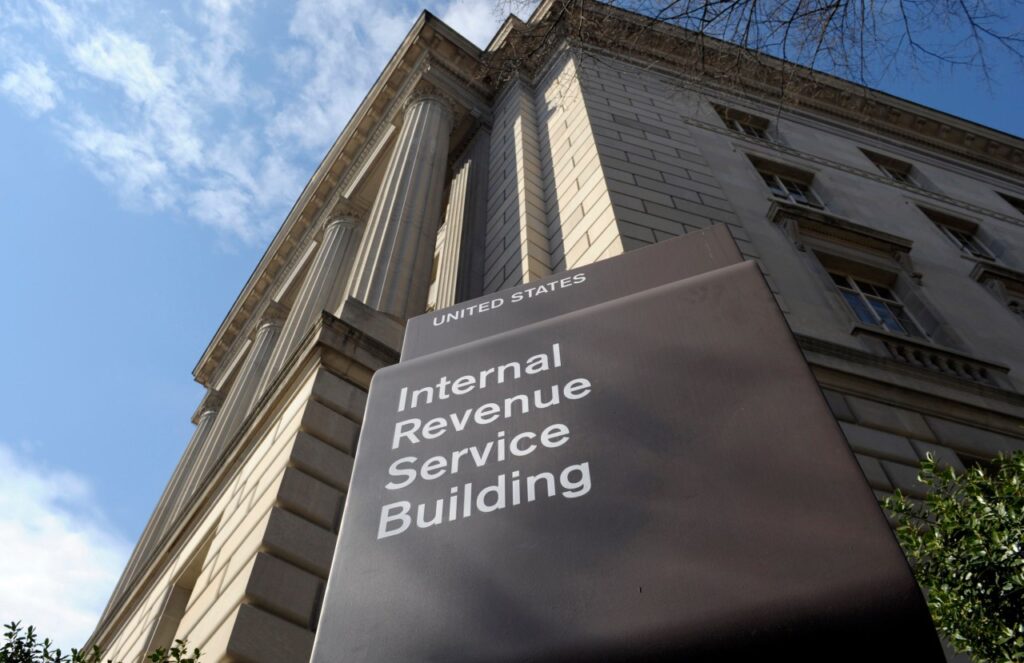The New York Times recently reported that the Internal Revenue Service (IRS) was using its $80 billion Inflation Reduction Act windfall to “help customer service.” As an accountant, I’m excited about this. But that’s not all the agency has been doing. Thanks to four announcements this month, my clients are bracing for something a little different: more scrutiny, increased compliance requirements and higher costs for both businesses and the wealthy.
For starters, the IRS just suspended the very lucrative Employee Retention Credit. This is a pandemic-era refundable tax credit that provided much-needed funds to small businesses that were either partially or fully shut down due to lockdowns or suffered specified revenue declines during certain time periods. The agency did this because of the proliferation of potentially fraudulent payroll tax returns seeking the credit by numerous bad actors and “ERC mills.”
I get that. But in doing so, millions of dollars in legitimate refunds to eligible businesses that are already facing a much tighter financing environment are now on hold. The suspension could extend these payments by as much as six months and will certainly create headaches for business owners who legitimately filed, or plan to file, for the credit.
This month, the IRS also announced new auditors. Lots of them: 3,700 are being hired “to crack down on wealthy tax dodgers.” “This next wave of hiring will help the IRS add key talent like tax accountants to help reverse a decade-long decline of audits for the wealthy as well as complex partnerships and corporations,” IRS Commissioner Danny Werfel said in a press release.
Oh those wealthy! Who exactly are these evil-doers? They’re the ones who owe the IRS more than $250,000 and who are earning more than $1 million a year. Those families earning less than $400,000 per year won’t be targeted, the agency promises. I’m not sure I believe that. And it’s little comfort to the many clients of mine who “earn” that amount on paper in their businesses but use whatever funds are actually available – and not tied up in inventory or receivables — to hire and invest.
Also in the agency’s crosshairs are the wealthy who own “pass-through” companies. These businesses have been leveraging the Qualified Business Income Tax Deduction, which allows them to deduct 20 percent of their company’s earnings before those earnings pass through to their individual returns. This deduction, beloved by so many of my clients, was championed by the Trump administration as part of the Republican’s Tax Relief Act in 2017.
By establishing a new pass-through division, the IRS vows to go after corporations, S-Corporations, partnerships and other entities that pass through income to individual returns and which have assets greater than $10 million. According to a recent report in The Hill, the IRS said creation of the new unit is part of an effort “to restore fairness in tax compliance by shifting more attention onto high-income earners, partnerships, large corporations and promoters abusing the nation’s tax laws.”
But it’s not just the wealthy who are in the agency’s crosshairs — independents, freelancers and contractors need to also watch out. That’s because the IRS recently revealed its plans to go after people who didn’t report their vast earnings from reselling Taylor Swift tickets and will soon be after others who sell pottery at arts fairs or otherwise collect money using payment platforms like Venmo and Zelle. Why? Forthcoming tax rules will require these platforms to report these earnings, even though they’re supposed to be reported by the companies that are actually making the payments. Get ready for lots of confusion, more paperwork and of course more compliance headaches once this rule hits its stride.
One could take the very reasonable point of view that the IRS is doing nothing more than its job. Flush with cash, the agency is rightly going after tax evaders and others who aren’t paying their fair share like the rest of us and — because they’re so wealthy can very well afford it. By doing this, it’s helping to fund what seems like a hopelessly large deficit. I guess every little bit helps.
But regardless of where you stand on the IRS’s newfound mojo, the bottom line is that there’s going to be more scrutiny, more rules and more pressure on businesses of all sizes to make sure they comply with the rules. Given the struggles that the IRS has had over the past two decades, there are many businesses that haven’t experienced this kind of thing or may not be ready for this level of scrutiny.
My advice? Hire a good accountant.
Gene Marks is founder of The Marks Group, a small-business consulting firm. He frequently appears on CNBC, Fox Business and MSNBC.
Copyright 2023 Nexstar Media Inc. All rights reserved. This material may not be published, broadcast, rewritten, or redistributed.
Read the full article here











